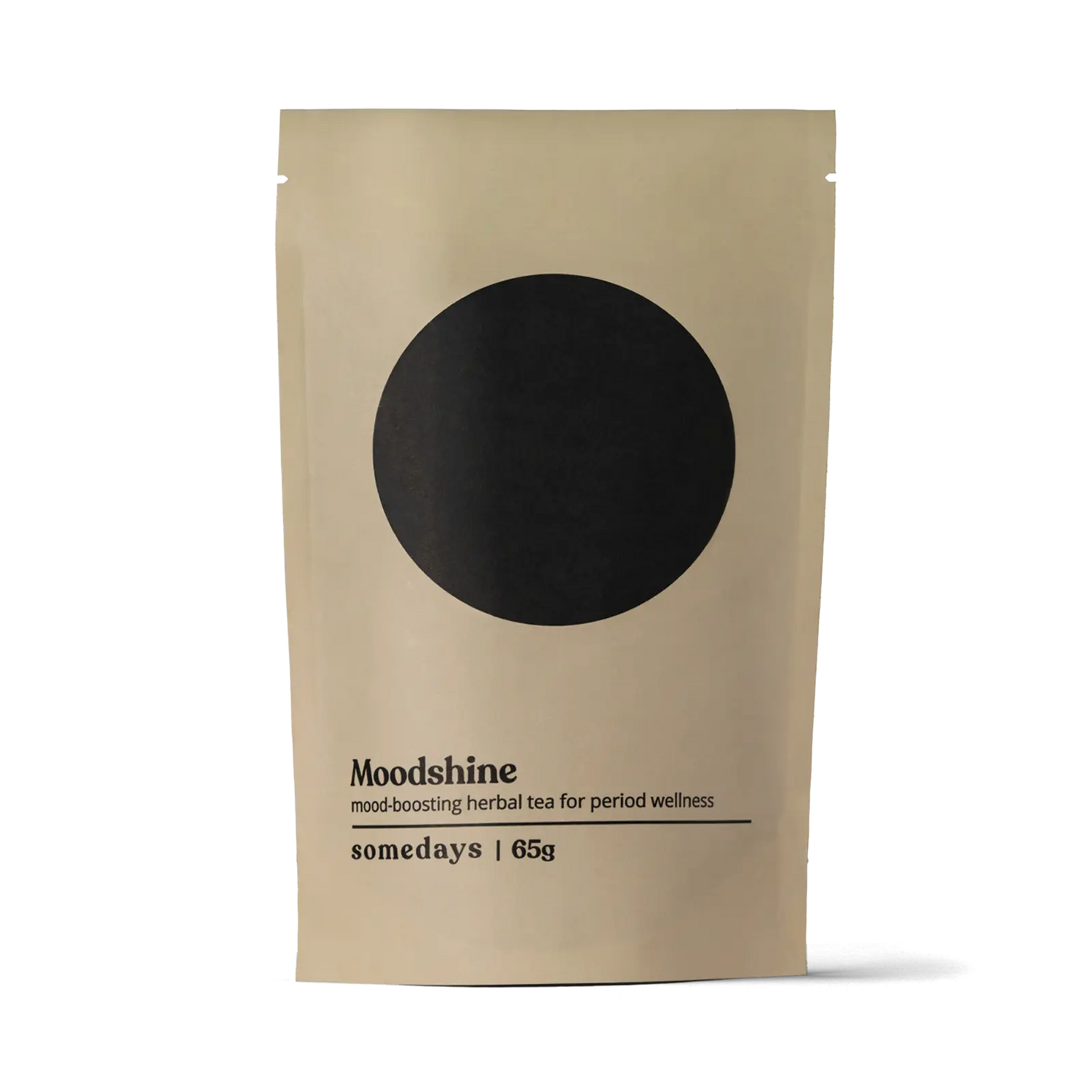Living with Lichen Sclerosus: My Personal Journey and What I’ve Learned

Let me tell you about Lichen Sclerosis from personal experience. The main symptom, especially early on, is intense itching. It's not just any itch - it's the kind that keeps you awake, destroys your concentration, and strikes at the most embarrassing moments. To make matters worse, it's not somewhere you can easily scratch in public.
Lichen Sclerosis has a preference for the genital area, particularly the vulva, but it also affects male foreskin and the skin around the anus. The itching is so severe that you can't stop scratching until you draw blood, leading to scarring and other complications. The affected skin becomes shiny, thin, and easily damaged.
Perhaps the most frustrating aspect of this disease is the constant misdiagnosis. Every time I mustered the courage to discuss my itchy vulva, I was told it was a yeast infection.
It took 20 years to get a biopsy and prove that I didn't have a permanent yeast infection. Now, I've spent the next 20-plus years defending my diagnosis. "I have Lichen Sclerosis, and I have a biopsy to prove it." Sound familiar? I have endometriosis too, with a laparoscopy to back it up.
While medical literature often describes it as a menopausal issue, children can have it too, and all ages in-between. They say it often disappears during puberty, but as someone who suffered through it during those years, I believe it's more likely that teenagers just don't want to talk about it. For me, any hormonal change triggers flare-ups.
Even after diagnosis, the medical field's approach is limited. They typically prescribe a topical steroid-based cream, with clobetasol propionate being the most common. However, this does nothing for the scarring and other complications that come with Lichen Sclerosis.
True to the pattern of other reproductive and menstrual disorders, neither GPs nor gynecologists have ever actually checked my vulva to monitor the progression of my Lichen Sclerosis. Despite regular colposcopies to view my cervix, no doctor has examined the external part of my vagina or vulva to assess the stage of my condition. They simply write out a prescription. It's just another reminder to stay vigilant and take charge of your own pelvic and reproductive health.
Previous Article All Articles Next Article
All Articles


